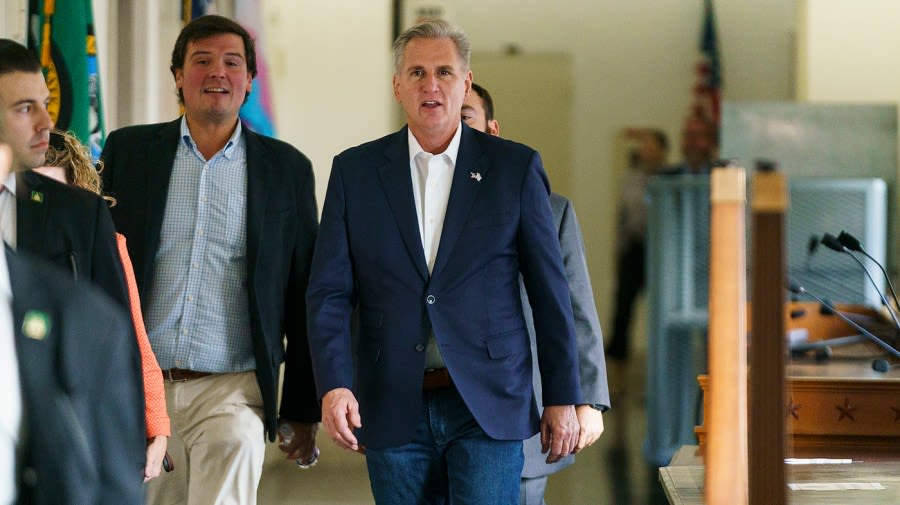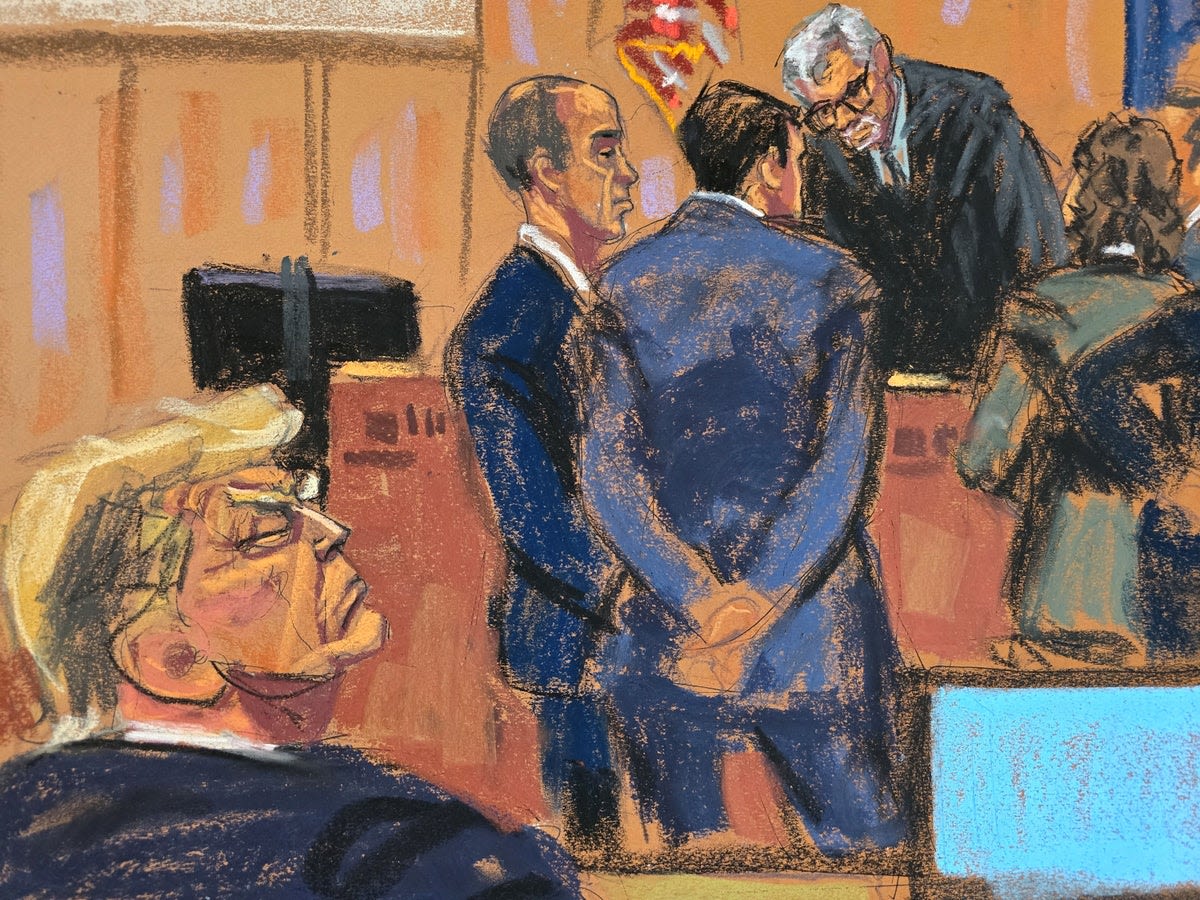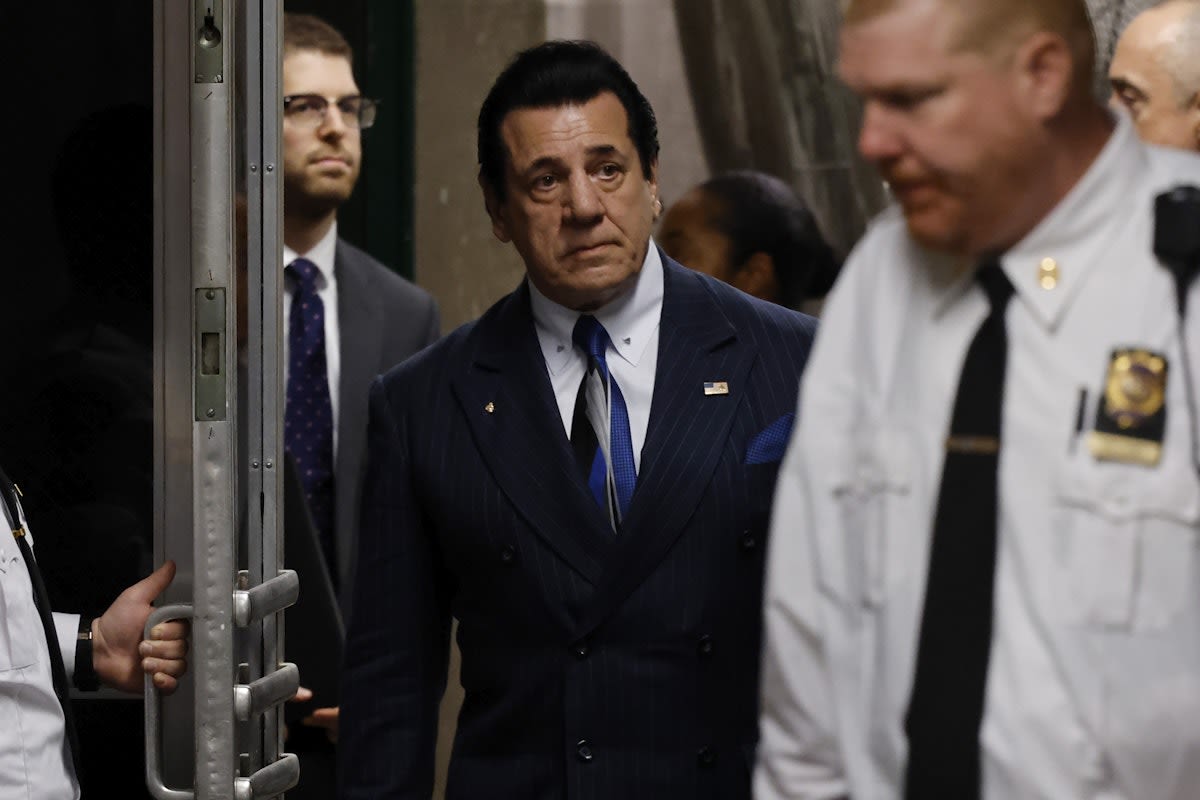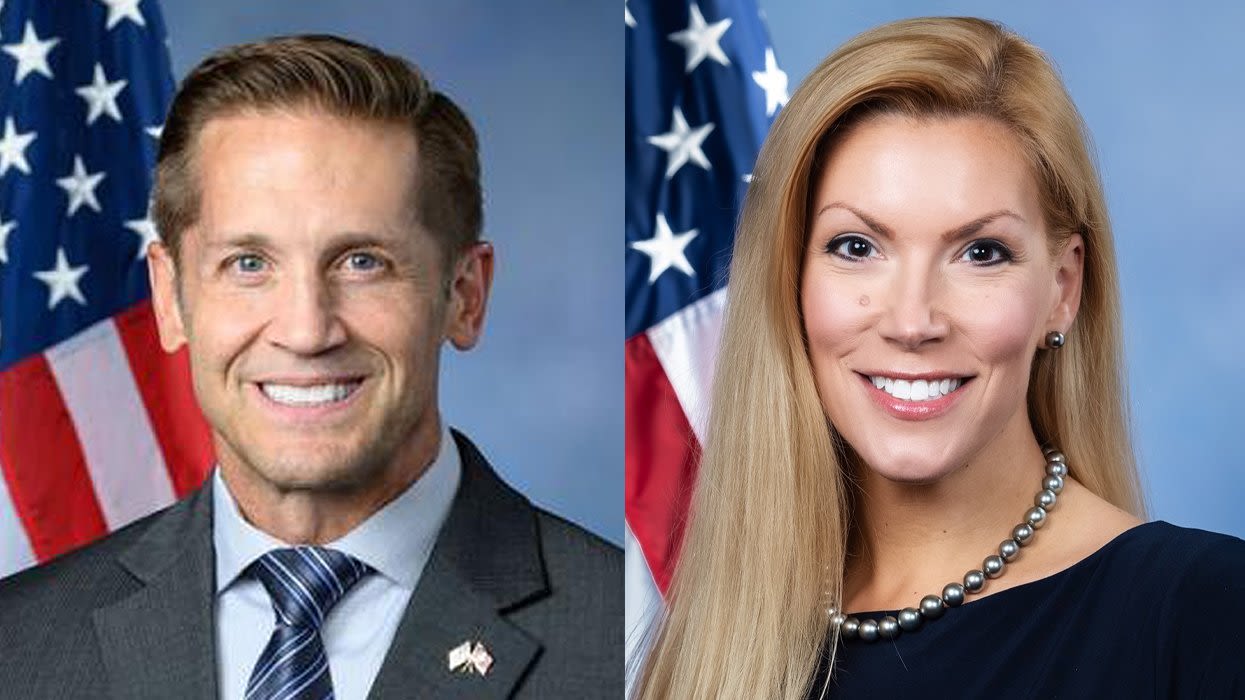Search results
News about Congress, Merrick Garland, Jerry Springer Show
News about Donald Trump, Michael Cohen, hush money trial
Also in the news
The United States Congress is the legislature of the federal government of the United States. It is bicameral, composed of a lower body, the House of Representatives, and an upper body, the Senate. It meets in the U.S. Capitol in Washington, D.C. Senators and representatives are chosen through direct election, though vacancies in the Senate may ...
1 day ago · Among the express powers of Congress as defined in the Constitution are the power to lay and collect taxes, borrow money on the credit of the United States, regulate commerce, coin money, declare war, raise and support armies, and make all laws necessary for the execution of its powers.
- The Editors of Encyclopaedia Britannica
- The Legislative Process
- Powers of Congress
- Government Oversight
- GeneratedCaptionsTabForHeroSec
The first step in the legislative process is the introduction of a bill to Congress. Anyone can write it, but only members of Congress can introduce legislation. Some important bills are traditionally introduced at the request of the President, such as the annual federal budget. During the legislative process, however, the initial bill can undergo ...
Congress, as one of the three coequal branches of government, is ascribed significant powers by the Constitution. All legislative power in the government is vested in Congress, meaning that it is the only part of the government that can make new laws or change existing laws. Executive Branch agencies issue regulations with the full force of law, bu...
Oversight of the executive branch is an important Congressional check on the President’s power and a balance against his or her discretion in implementing laws and making regulations. One primary way that Congress conducts oversight is through hearings. The House Committee on Oversight and Government Reform and the Senate Committee on Homeland Secu...
Learn about the powers and structure of Congress, the two chambers of the U.S. Congress that make laws, declare war, and confirm appointments. Find out how bills become laws and how the President can veto or sign them.
Learn how Congress is organized into two chambers, the House of Representatives and the Senate, and how they differ in their roles and procedures. Explore the key terms, documents, and questions related to the policymaking process in the US government.
- Why are they called “pork barrels”Probably it's because of salt pork. Salt pork came in barrels and was often made of the less desirable bits, or the "waste" material.
- what role do committees play in the policy making processIts a process that the senate and the house of Representative need to conduct business between the house and to help the focused of public attentio...
- How does the structure of congress affect the policy making processThe structures, powers, and functions of the House of Representatives and the Senate are different, and these differences can affect the policymaki...
- why are threr two houseaThe two, or bicameral, house Congress came from the Constitutional Convention. The short answer is that the big states wanted a congress where the...
- What are the electoral vote and the popular vote?Hi there! The electoral vote is the vote based on the electoral college. Electors are representatives who vote on behalf of citizens in a state. Th...
- how rule differences in the House of Representatives and the Senate can affect the policymaking proc...In the Senate, it's harder to pass a bill because it oftentimes requires a supermajority(>60%) vote, which was intentionally designed by the framer...
Nov 17, 2017 · Learn about the role and powers of Congress, the U.S. legislative branch that makes laws, declares war, levies taxes and more. Find out how the House and Senate differ in their representation, structure and functions.
The House makes and passes federal laws as part of Congress, the legislative branch of the U.S. government. Learn about the House's structure, functions, history, and current activities.
People also ask
How often must Congress meet each year?
Is Congress and government the same thing?
How do you contact Congress?
What role does Congress play?
Learn how Congress enacts laws, funds government programs, and oversees the executive branch. Find out how the House and the Senate are structured, elected, and work together.






